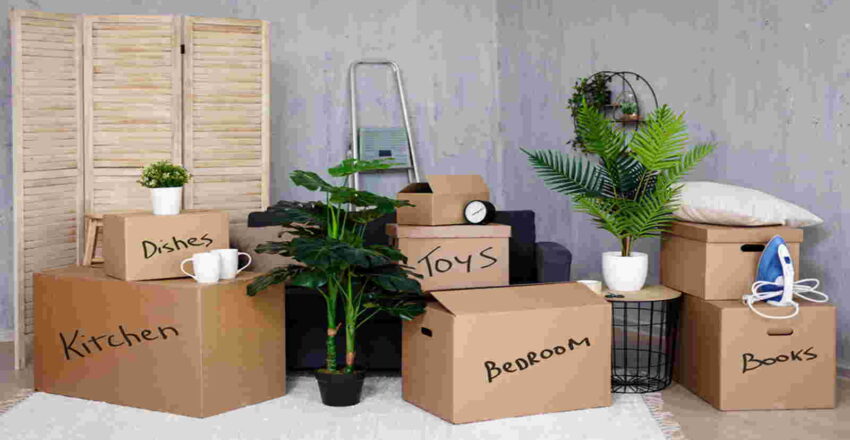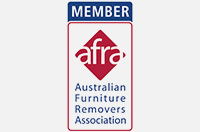One of the best tips any removalists will give you if you are in the process of planning on moving home is to use it as an opportunity to declutter. Years of hoarding, stashing, and keeping stuff, 'just in case', have possibly meant that up to 30 or 40% of the items currently in your home, do not need to move with you to your new one.
The benefits of decluttering include the obvious one that you will have fewer items that need to packed and moved by your removalists, and therefore the costs should be lower - if you're in Sydney, check out www.brillianceremovalistssydney.com.au. Sticking with the practicalities of the actual move, it will also mean fewer boxes that have to be unpacked at the other end, and thus you can have your new home organised much quicker.
On a more personal level, it will mean that everyone in your home has more storage for the things they are keeping than they would otherwise have, and it should also make finding things once everything is unpacked, easier too.
So, let us look at how you should declutter, and depending on your family and their ages, whilst you should encourage everyone to declutter their own items, do not be too draconian about it. If a younger child wants to keep their broken toy racing car that they love playing with, then let them. If a teenager has clothes they insist that they will still wear, then do not insist right back that they should throw them out.
What we are saying is do not make the declutter one more thing to get stressed about and start having huge rows about it with your family. Where you can do it, then great, but it is not the end of the world if not everything you want your family to get rid of gets packed and moves with you.
Ideally the most efficient way to declutter is to do it room by room. That way you can cross each room off as it is decluttered, and this is also a good way to keep yourself motivated about the move as each decluttered room is one more step towards it happening.
One very important point about decluttering is separating out those items which can be recycled, and those which cannot. As you go through bedrooms to declutter you are likely to accumulate a lot of clothes, shoes and bags which might not be able to be recycled in the truest sense, but they could be donated to charity shops. This also applies to items in your kitchen which are still usable, but which you no longer need.
In the living room, you might have some old DVDs or CDs which you might wish to give away, and there may also be old ornaments that need to be replaced. Cupboards and lofts are prime places within the home where things tend to be dumped and forgotten about, and unless they are essential, anything in them which no one has used for at least 1 year should be thrown away.
Other areas within your property that you should declutter include the garage, and any other outhouses such as a workshop or tool shed. Do not forget to check around your garden for any discarded tools, children's toys, and if you have a pet, their toys too.




























